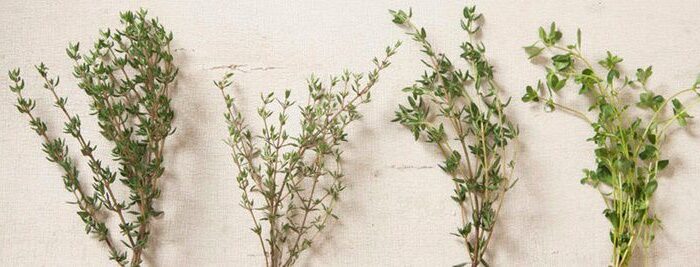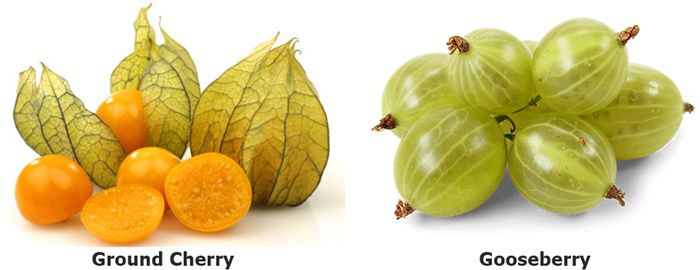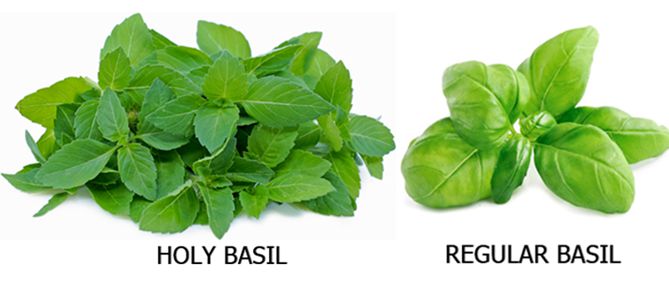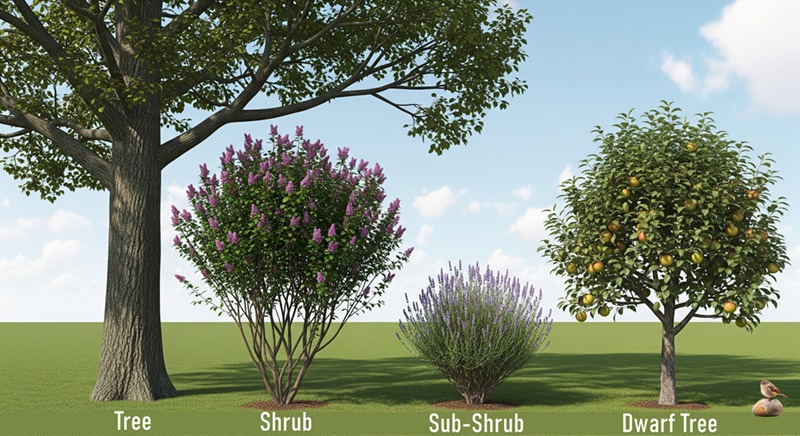Gardening Tips
Crop Rotation
Whether you are planting your vegetables directly in the ground or in raised beds, crop rotation is extremely important and something that you should start doing, if you are not already doing so. Not only does it help to lessen crop-specific pest and diseases in plants, but it also promotes healthy soil.
If you are doing vegetable gardening in containers and tend to reuse the potting soil in a container to plant another crop, then making use of rotation, can also be very beneficial and you will find that your crops will be much healthier and will grow very well. You will actually see a visible difference in your plants.
Whilst crop rotation is often done on a 2 yearly, 3 yearly or longer rotation basis, I personally prefer doing crop rotation every year for my raised beds and when it comes to my container garden, I practice crop rotation each time I plant something new in a container. It has made a huge difference in the health of my crops as well as in my harvest success.
I follow the following crop rotation schedule and highly recommend that you give it a try:
After harvesting the Tomato and Root Crops, plant Legumes and Pod Crops in the same bed or container:
- Okra
- Peas
- Bush
- Beans
- Broad Beans
- Runner Beans
After harvesting the Legumes and Pod Crops, plant Allium Crops in the same bed or container:
- Leeks
- Garlic
- Onions
- Shallots
- Scallions
- Bunching Onions
After harvesting the Allium Crops, plant Brassica Crops in the same bed or container:
- Kale
- Turnips
- Cabbage
- Radishes
- Broccoli
- Kholabri
- Rutabagas
- Cauliflower
- Mizuna Greens
- Mustard Greens
- Brussel Sprouts
- Chinese Cabbages
- Bok Choi and Oriental Mustards
After harvesting the Brassica Crops, plant Tomato and Root Crops in the same bed or container:
- Taro
- Beets
- Celery
- Salsify
- Carrots
- Tomatoes
- Potatoes
- Parsnips
- Egg Plants
- Sweet Peppers
- Sweet Potatoes
- Annual Berries
- Spinach and Lettuce
Disclaimer
Medicinal Information:
All medicinal information on this website is for educational and informational purposes only and may not be construed as medical advice. The information is not intended to replace medical advice or treatment offered by healthcare professionals.
Seeds, Plants, Plant Cuttings, Geophytes and Dried Herbs:
In some countries and provinces, certain plants are deemed as invasive and are not allowed to be planted at all, whilst some plants are allowed to be grown only in certain areas or provinces. The onus is on you as the buyer to familiarize yourself with the regulations pertaining to your location, before purchasing any of our seeds, plants, plant cuttings, geophytes or dried herbs. We will not be held liable, should you purchase any seeds, plants, plant cuttings, geophytes or dried herbs. from us which are prohibited in your country or province.









